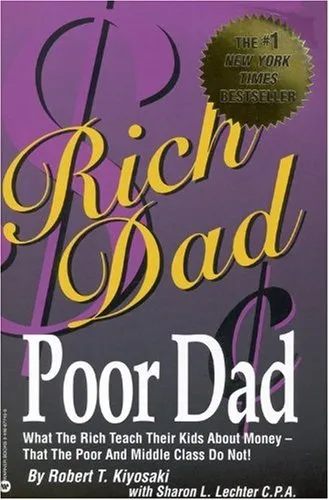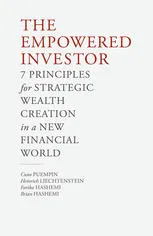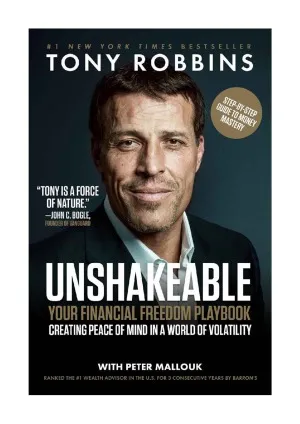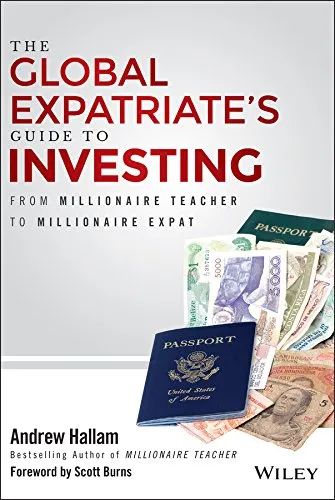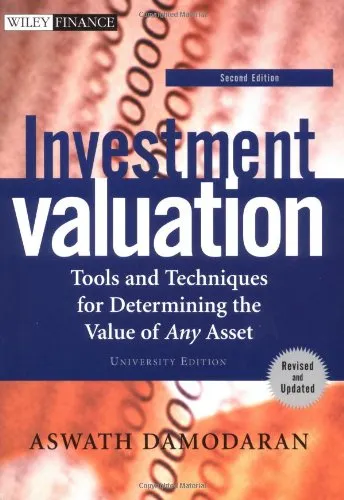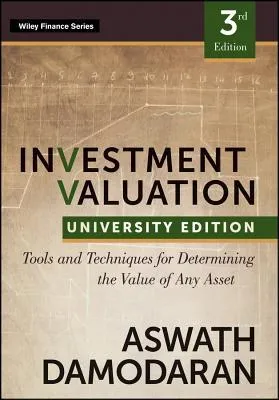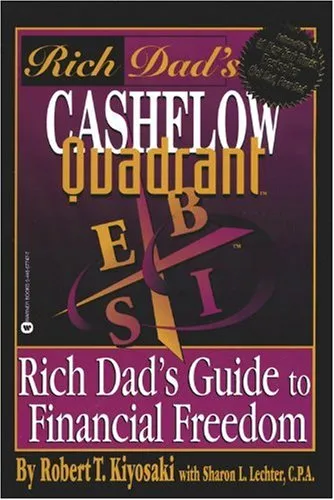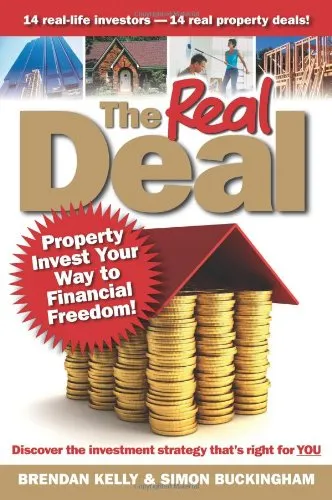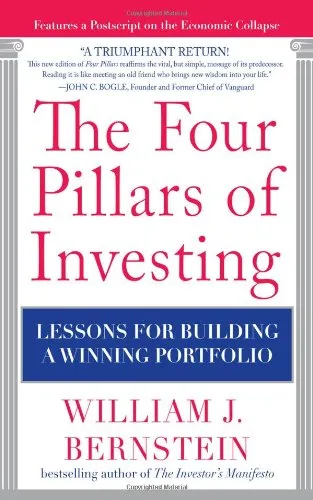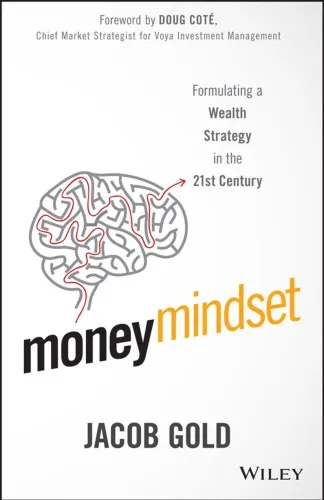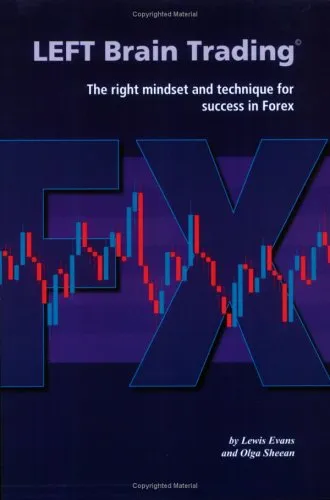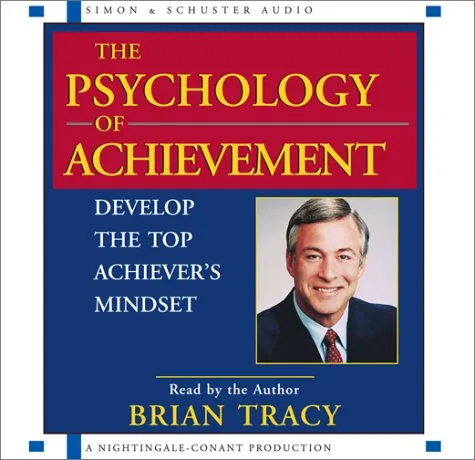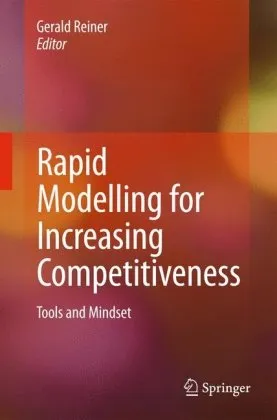Rich Dad, Poor Dad: What the Rich Teach Their Kids About Money--That the Poor and Middle Class Do Not!
4.5
Reviews from our users

You Can Ask your questions from this book's AI after Login
Each download or ask from book AI costs 2 points. To earn more free points, please visit the Points Guide Page and complete some valuable actions.Related Refrences:
Introduction to "Rich Dad, Poor Dad"
Welcome to the world of financial education and empowerment with "Rich Dad, Poor Dad: What the Rich Teach Their Kids About Money--That the Poor and Middle Class Do Not!" by Robert T. Kiyosaki and Sharon L. Lechter. This groundbreaking book has changed the way millions of people think about money and has become a staple in personal finance literature. It challenges conventional wisdom by illustrating how different perspectives on money can lead to vastly different life outcomes.
Detailed Summary of the Book
"Rich Dad, Poor Dad" is structured around Kiyosaki's experiences growing up with two father figures: his biological father, the 'Poor Dad,' and the father of his best friend, the 'Rich Dad.' The book delves into the contrasting attitudes towards money and finance between these two influential figures in Kiyosaki's life. The 'Poor Dad' was highly educated, worked diligently, but struggled financially. In contrast, the 'Rich Dad' was a high school dropout who became a successful entrepreneur and amassed significant wealth.
The narrative unfolds as Kiyosaki shares lessons learned from his 'Rich Dad' on how to make money work for you, rather than working for money. The book emphasizes the importance of financial education and asset accumulation, differentiating between assets and liabilities. Through engaging stories and practical insights, it explains complex financial concepts in a relatable manner, encouraging readers to adopt a growth mindset on their journey to financial independence.
Key Takeaways
- Financial Education is Essential: Understanding how money works is crucial in achieving financial freedom.
- Assets vs. Liabilities: Knowing the difference and focusing on acquiring assets, such as real estate and stocks, is key to wealth building.
- The Importance of Investing: Money should be used to generate more money through smart investments rather than sitting idly in savings accounts.
- Entrepreneurial Spirit: Taking risks and pursuing entrepreneurial ventures can lead to greater financial opportunities.
- Mindset Shift: Changing how you think about money and business is fundamental for achieving financial success.
Famous Quotes from the Book
"The single most powerful asset we all have is our mind. If it is trained well, it can create enormous wealth."
"The poor and the middle class work for money. The rich have money work for them."
"Financial freedom is available to those who learn about it and work for it."
Why This Book Matters
"Rich Dad, Poor Dad" has remained relevant since its first publication because it offers a fresh perspective on wealth-building principles. The book appeals to a wide audience, from individuals just starting their financial journey to seasoned investors and entrepreneurs seeking to refine their strategies. Its approachable style breaks down intimidating topics, making them accessible and actionable. The book has influenced countless readers to reconsider their financial habits and take control of their economic futures.
At its core, "Rich Dad, Poor Dad" serves as a call to action for readers to seek financial education and implement strategies that lead to wealth and independence. By presenting complex ideas in simple terms, Kiyosaki and Lechter have empowered readers worldwide to think differently about money, challenge the status quo, and pursue a financially sustainable and prosperous life.
Free Direct Download
You Can Download this book after Login
Accessing books through legal platforms and public libraries not only supports the rights of authors and publishers but also contributes to the sustainability of reading culture. Before downloading, please take a moment to consider these options.
Find this book on other platforms:
WorldCat helps you find books in libraries worldwide.
See ratings, reviews, and discussions on Goodreads.
Find and buy rare or used books on AbeBooks.
1409
بازدید4.5
امتیاز0
نظر98%
رضایتReviews:
4.5
Based on 0 users review
Questions & Answers
Ask questions about this book or help others by answering
No questions yet. Be the first to ask!
